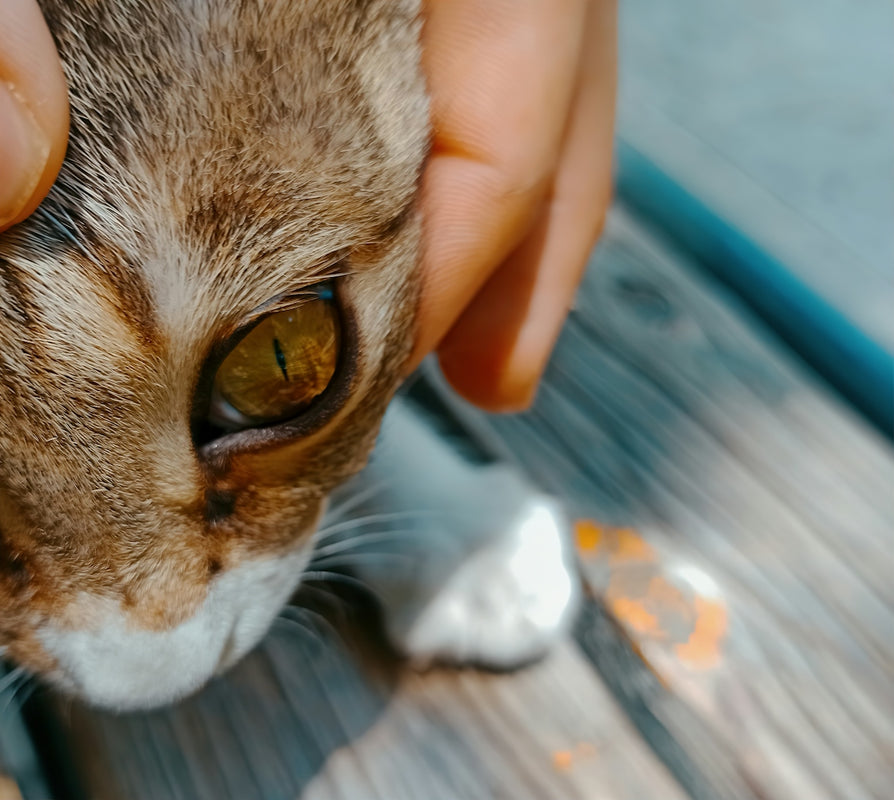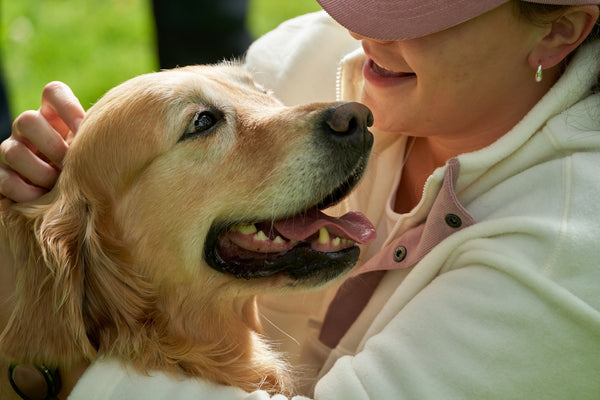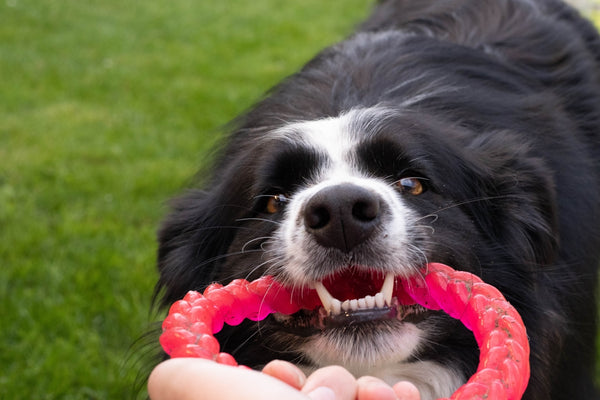Feeding your pets is more than just providing food; it's about creating a feeding schedule that matches their specific needs and supports their health. Whether you have a dog, a cat, or both, it's crucial to consider factors such as age, activity level, and health conditions when planning their meal times. Here, we provide some tailored guidelines to help you ensure your pet's feeding routine is as effective as possible.
Understanding Your Pet's Needs
Dogs and cats may have different dietary requirements depending on various factors, including age, breed, and health status. Recognizing these will help you decide how frequently and how much to feed them.
Puppies and Kittens
For young pets, frequent meals are necessary as they are in the developmental stage and need additional nutrients. Puppies and kittens typically require three to four meals a day to maintain stable energy levels and support growth.
Adult Dogs and Cats
Most adult pets thrive on two meals per day. Serving them once in the morning and once in the evening can help with digestion and regulate energy levels. However, specific breeds or highly active pets might require a different feeding schedule.
Enhancing Meal Time with Supplements
Incorporating supplements into your pet's diet can be beneficial in covering any nutritional gaps.
Omega-3 for Dogs
Omega-3 fatty acids are excellent for your dog's coat, skin, and joint health. Consider adding Premium Wild Alaskan Salmon Oil for Dogs to their meals for a nutritional boost.
Multivitamins for Dogs
To further support your dog's health, integrating a multivitamin can ensure they receive a balanced spectrum of essential nutrients. The Dog Multivitamin Chewable Vitamins Supplements provide a convenient way to enhance your pet's diet.
Timing and Portion Control
Establishing a consistent feeding schedule is not just about timing but also about portion control. Overfeeding can lead to obesity and related health issues, while underfeeding may result in malnutrition.
- Measure your pet's food: Use a measuring cup to ensure accuracy.
- Adjust according to activity: More active pets may require larger portions, while less active pets might need smaller amounts.
Monitoring and Adjustments
Pay attention to your pet's body condition and energy levels. If you notice signs of weight gain, lethargy, or other health issues, it might be time to adjust their meal plan.
Explore more pet care tips and pet-friendly products at My Pet Collective.
Incorporating these guidelines will help ensure your pet maintains a healthy diet and lifestyle. A well-fed pet is not just healthy—it's happy.








